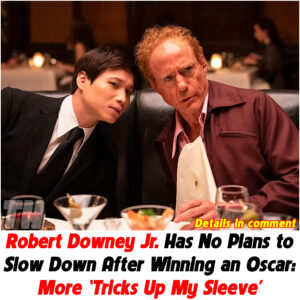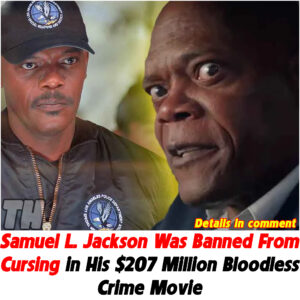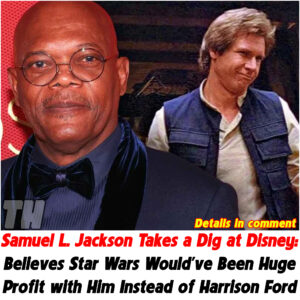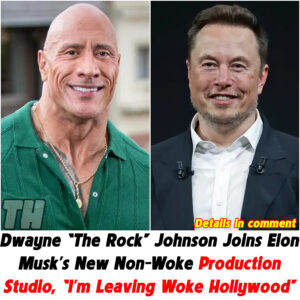In the ever-evolving landscape of the entertainment industry, the lines between reality and illusion often blur.
Recently, comedian Cat Williams sparked controversy with his bold claims about the control exerted by Hollywood elites over black celebrities.

Shedding light on what he perceives as staged incidents and manipulative tactics used for profit and power.
Williams, known for his sharp wit and candid demeanor, has long been a vocal critic of the entertainment industry’s inner workings.
In a series of interviews and public statements, he has alleged that black celebrities.
In particular, are subject to manipulation and exploitation by powerful forces within Hollywood.
One of Williams’ most notable assertions is the idea that black actors are often pressured.
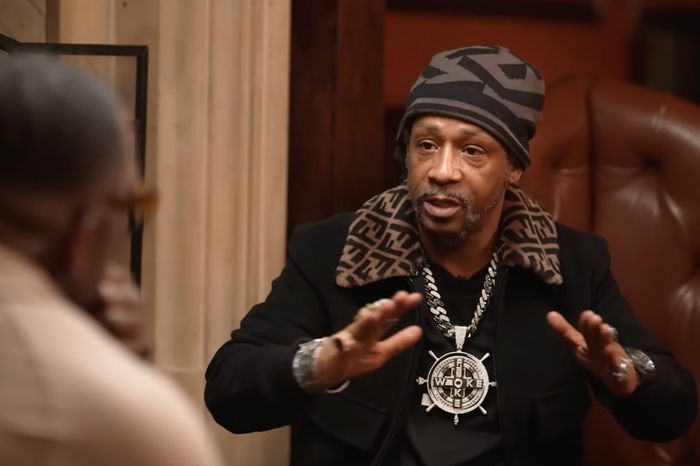
To conform to certain stereotypes and roles, including wearing dresses on screen, as a prerequisite for mainstream success.
He pointed to examples such as Kevin Hart’s appearance on SNL wearing a dress, suggesting that this is part of a larger pattern of coercion within the industry.
Furthermore, Williams delved into the concept of the Illuminati, a secretive and influential group rumored to control various aspects of society, including the entertainment industry.
He claimed that those who refuse to align with the agenda of the elites, like himself and fellow comedian Dave Chappelle, face backlash and ostracism.
The recent Oscar slap incident, in which Will Smith slapped Chris Rock on stage during the 2022 Academy Awards, provided further fodder for Williams’ allegations.
He suggested that the altercation may have been staged to generate publicity and manipulate public perception, ultimately benefiting certain individuals or entities within the industry.
Williams also highlighted the role of the media in perpetuating narratives that serve the interests of those in power.
He spoke of his own experiences with tabloid scrutiny and the potential consequences.
Of speaking out against the status quo, emphasizing the dangers faced by those who challenge the established order.
While Williams’ claims may seem outlandish to some, they raise important questions about the nature of power and influence in the entertainment industry.
In an era of heightened scrutiny and social media saturation, discerning truth from fiction can be a daunting task.
But Williams’ provocative statements serve as a reminder to question the narratives presented to us.
Ultimately, whether or not one subscribes to Williams’ theories, his outspokenness serves as a valuable critique of an industry that often prioritizes profit over authenticity.
As the entertainment landscape continues to evolve, it is essential to remain vigilant.
And skeptical of the narratives we are presented with, lest we become unwitting participants in the illusion of coincidence.
News
(VIDEO) Dana White REACTS to Mike Tyson vs Jake Paul POSTPONED FIGHT
**Anderson Silva and Chael Sonnen: From Boxing Match to Hall of Fame Induction** In an unexpected turn of events, former MMA rivals Anderson Silva and Chael Sonnen…
(VIDEO) Mike Tyson Just ANNIHILATED Jake Paul And WARNED To FINISH Him!
**Iron Mike vs. The Problem Child: The Showdown of Eras** The boxing world is abuzz with the upcoming clash between two unlikely adversaries: the legendary Mike Tyson…
(VIDEO) MIKE TYSON SCARY NEW FOOTAGE!👀(FULL TRAINING) Mayweather, Lennox & Joe Rogan WORRIED for JAKE PAUL??
### Mike Tyson vs. Jake Paul: The Fight That Never Was The world of boxing thrives on spectacle, and few events captured the public’s imagination like the…
(VIDEO) Joe Rogan Just RIPPED Jake Paul After He Quit Mike Tyson Fight
### Jake Paul vs. Mike Tyson: The Fight That Never Was In a world where spectacle often triumphs over substance, Jake Paul’s announcement to fight Mike Tyson…
(VIDEO) Floyd Mayweather Just WARNED Jake Paul To CANCEL Might Tyson Fight
### Jake Paul vs. Mike Tyson: The Looming Showdown and Floyd Mayweather’s Dire Warning In the ever-dramatic world of boxing, a potential clash between social media sensation…
(VIDEO) Joe Rogan Just EXPOSED Jake Paul With LEAKED Audio Files For BRIBING The Referee
In an unexpected twist, a leaked video has surfaced showing a private match between Jake Paul and Mike Tyson, revealing that Paul had to pay approximately $100…
End of content
No more pages to load






